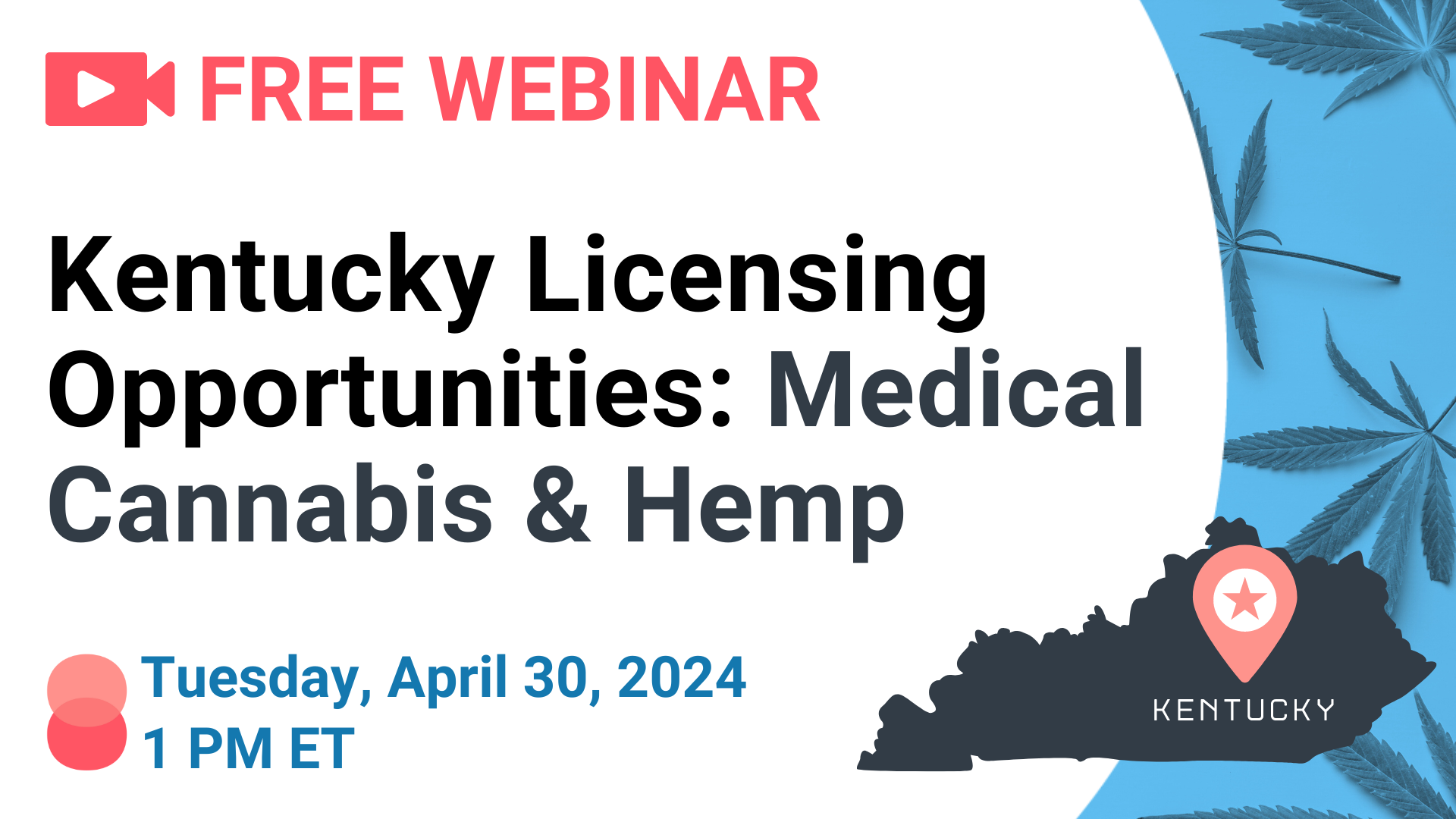Calling All Hemp Stakeholders to Participate in Colorado's Intoxicating Hemp and Tetrahydrocannabinol Products Task Force
By Jamie Greenwood
Jun 6, 2022
After much debate on how intoxicating hemp products are intended to be and are most appropriately to be regulated, Colorado continues to show leadership in responsible regulation through the passage of SB 22-205 Intoxicating Hemp And Tetrahydrocannabinol Products. Signed into law by Governor Jared Polis on May 31, 2022, this bill serves to both ensure a well-informed stakeholder process and grant consumers protection from deceptive trade practices.
What Does SB 22-205 Do?
-
Enforcement Against Deceptive Trade Practices: Section 3 of SB 22-205 declares it a deceptive trade practice to violate provisions that apply to hemp, industrial hemp, intoxicating hemp, adult use cannabis products, or anything derived or produced from the cannabis plant. The bill grants immediate authority to the Colorado Attorney General (CGA) to prohibit these practices and address consumer protection issues regarding hemp products. Accordingly, the bill furnishes the CGA with $587,347 from the Marijuana Tax Cash Fund to hire three new full-time employees and provide for other resources as necessary for enforcement.
-
Intoxicating Hemp Task Force: Section 2 of SB 22-205 directs the Colorado Department of Revenue’s State Licensing Authority (DOR) to coordinate with the Colorado Department of Agriculture (CDA) and Colorado Department of Public Health and Environment (CDPHE) to assemble a SB 22-205 Task Force. Intended to study intoxicating hemp products and make legislative and regulatory recommendations, this Task Force offers stakeholders a valuable opportunity to influence good policy and provide regulators with accurate information regarding hemp products. The Task Force will be comprised of 20 different stakeholders, including participants in the hemp and marijuana industry, representatives of state government, adult-use patients, and experts in hemp and marijuana regulation. Applications to serve on the Task Force will be accepted through June 15, 2022. The Task Force will convene no less than six times throughout the year and will be required to submit a report of its findings and recommendations to the General Assembly on or before January 1, 2023.
While the Task Force will be comprised of just 20 stakeholders, all members of the public are welcome to attend Task Force meetings. Regardless of how your voice is heard, SB 22-205 encourages all parties interested in the hemp industry to take an active role in the policy process and provide valuable feedback to state regulators.
How Can You Participate?
-
Submit your request to serve on the Task Force: Stakeholders selected to serve on the Task Force are expected to attend all assigned meetings, engage in work group discussions, and collaborate with others to conduct research, draft sections of the required report, and present relevant information. Interested parties can submit their request to serve on the Task Force by completing the Google Form Application, by June 15, 2022. The agencies may consider previous participation and engagement in other work groups or task forces, as well as subject matter expertise, experience, or knowledge relevant to the subject matter, when identifying parties to serve on the Task Force.
-
Attend meetings and participate during the public comment period: All members of the public can attend Task Force meetings, may provide oral comments during the public comment period for each meeting, and may submit written comments on matters discussed and content developed by Task Force members. If you would like to submit a public comment, we can assist. Contact us for guidance.
If you are interested in learning further information about SB 22-205 or joining the Task Force, please contact Shawn Hauser at Vicente Sederberg at shawn@vicentesederberg.com.

